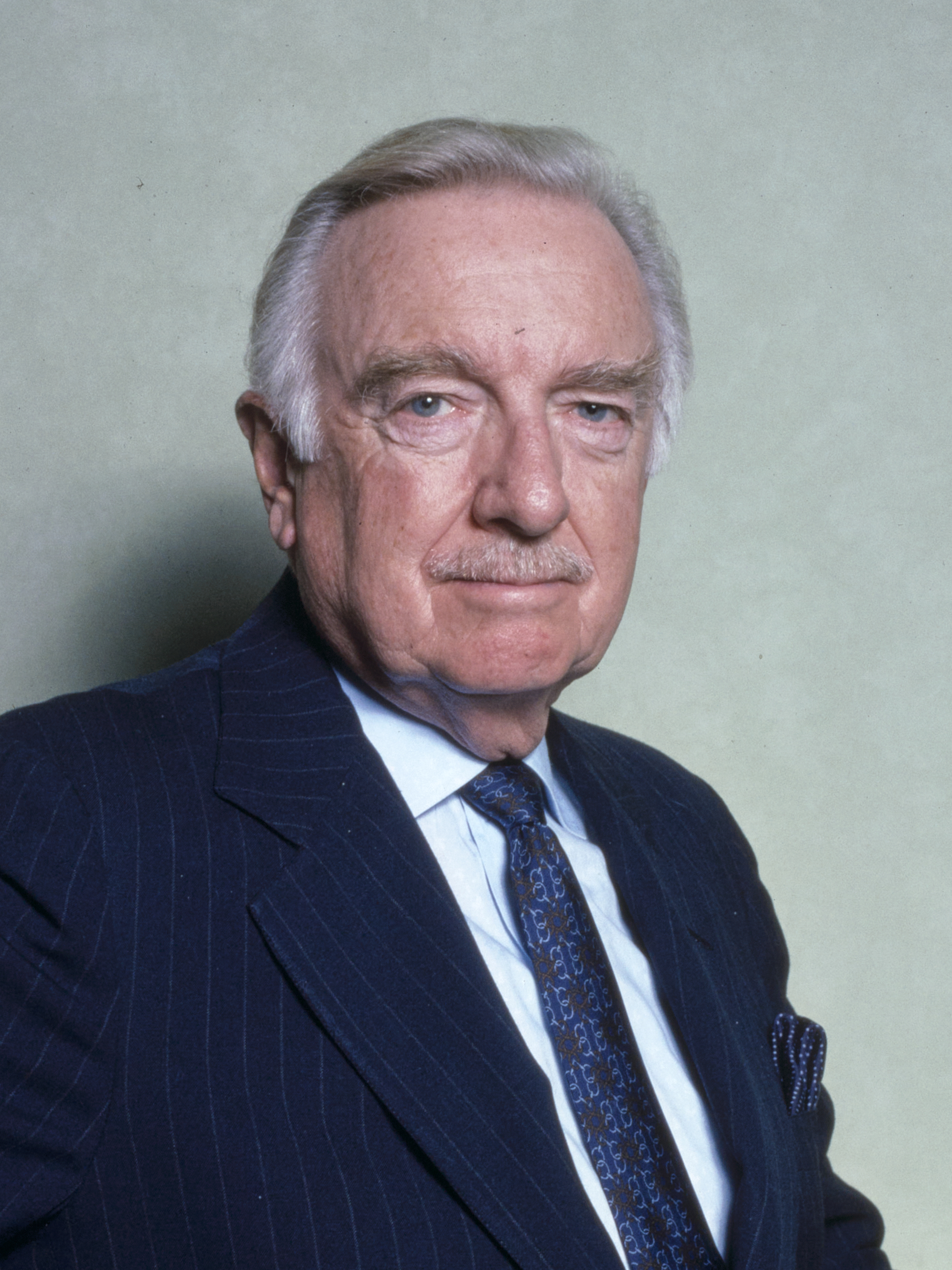Walter Cronkite was more than a news anchor—he was a national institution. For nearly two decades, from 1962 to 1981, he served as the anchorman of the CBS Evening News, becoming the most trusted voice in American households. His calm, steady delivery and unwavering commitment to factual reporting earned him the enduring title of “the most trusted man in America.”
Cronkite’s career in journalism spanned some of the most turbulent and transformative decades in modern history. He reported on World War II from the front lines as a war correspondent, covered the Nuremberg Trials, and was present for nearly every major development of the mid-20th century. His coverage of the assassination of President John F. Kennedy in 1963, the Vietnam War, the civil rights movement, the Apollo 11 moon landing, and the Watergate scandal brought clarity and composure to the chaos of the moment.
He was not merely a witness to history—he was a conduit through which the nation experienced it. His famous declaration during a 1968 broadcast that the Vietnam War would likely end in stalemate is widely believed to have influenced President Lyndon B. Johnson’s decision not to seek re-election. That moment cemented Cronkite’s role not just as a reporter of facts, but as a voice that could sway public perception—and policy.
Beyond the newsroom, Cronkite was a staunch advocate for journalistic ethics, freedom of the press, and civic responsibility. He lent his voice to documentaries and educational programs and remained active in public discourse long after his retirement from nightly news. His legacy is not only measured by the historic moments he covered, but by the standard of truth and integrity he set for generations of journalists to come.
Walter Cronkite remains a towering figure in American media—an exemplar of professionalism, trust, and the essential role of a free press in a democratic society.


 Step into the world of 20th-century journalism through the eyes—and voice—of legendary broadcaster Walter Cronkite. Known as “the most trusted man in America,” Cronkite brought the world’s defining moments into living rooms across the nation, from the landing on the moon to the Vietnam War and the Kennedy assassination.
Step into the world of 20th-century journalism through the eyes—and voice—of legendary broadcaster Walter Cronkite. Known as “the most trusted man in America,” Cronkite brought the world’s defining moments into living rooms across the nation, from the landing on the moon to the Vietnam War and the Kennedy assassination.




